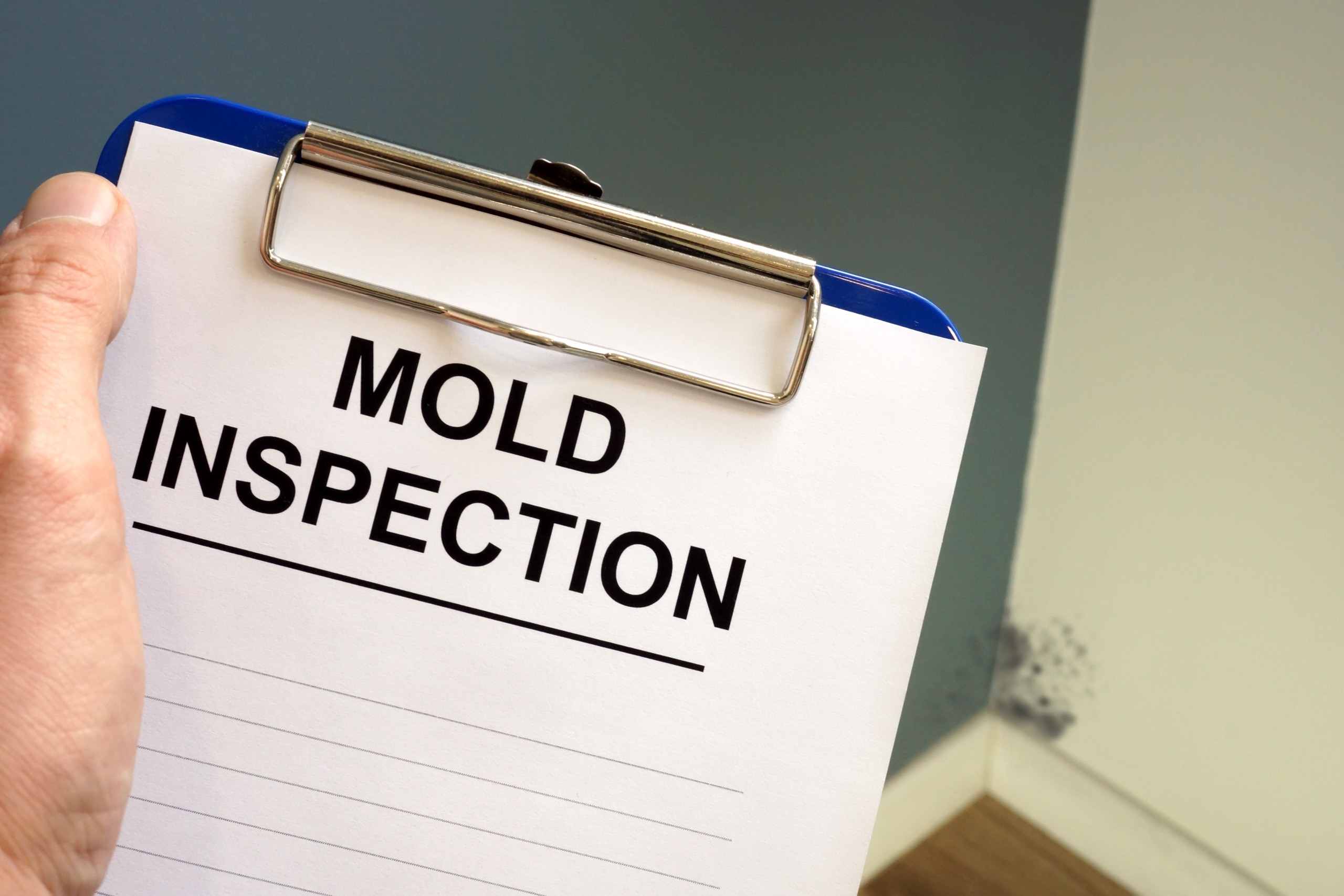Mold is an invisible threat that can quietly affect a senior’s health before anyone realizes what’s happening. For older adults—especially those with weakened immune systems, chronic respiratory conditions, or mobility limitations—prolonged mold exposure can result in serious complications. In regions like Bellevue, Redmond, and Kirkland, where damp weather and rainy seasons are common, homes become especially susceptible to hidden mold growth.
Home caregivers are often the first line of defense when it comes to spotting early signs of environmental hazards. With the right training and awareness, caregivers can play a vital role in protecting seniors from the silent but serious effects of mold exposure.
Why Seniors Are More Vulnerable to Mold
Aging naturally weakens the immune system and the lungs. Seniors also tend to have pre-existing conditions like asthma, COPD, or heart disease—all of which can be aggravated by mold spores and poor indoor air quality. Because many older adults spend the majority of their time indoors, they’re continuously exposed to whatever is circulating in the home environment.
Common mold-related symptoms in seniors include:
- Chronic coughing or sneezing
- Sinus congestion and post-nasal drip
- Skin irritation or unexplained rashes
- Eye redness or watering
- Headaches and fatigue
- “Brain fog” or confusion
- Worsening asthma or breathing issues
Since these symptoms often overlap with those of other age-related health conditions, it can be difficult to detect that mold is the root cause—making the role of attentive home care even more crucial.
How Home Caregivers Can Spot Early Signs of Mold Exposure
Home caregivers are uniquely positioned to notice patterns and changes in a senior’s environment or health. Here’s how they can help:
1. Monitor for Consistent Respiratory Issues
If a senior experiences frequent coughing, shortness of breath, or sinus problems—especially when indoors—it may signal mold exposure. Home caregivers in Bellevue, Redmond, and Juanita, WA, should take note of whether symptoms improve when the senior is outside or away from home.
2. Observe Patterns of Fatigue and Cognitive Fog
Fatigue, irritability, and memory lapses could be mistakenly attributed to dementia or medication side effects. However, mold exposure—especially black mold—has been shown to contribute to neurological symptoms. Caregivers should document the frequency, timing, and environmental context of these issues.
3. Check for Visible Signs of Mold in the Home
Caregivers can be trained to visually inspect areas that are prone to moisture such as:
- Bathrooms (under sinks, in tile grout, around tubs)
- Kitchens (under sinks and appliances)
- Basements or crawl spaces
- Behind furniture on exterior walls
- Window sills and HVAC vents
Mold often appears as black, green, or white patches and may be accompanied by a musty odor.
4. Listen to and Log Smells
Many molds produce a distinct earthy or damp smell. If a caregiver consistently notices a musty odor in certain rooms, it may be time for a mold clearance test or an evaluation by certified mold experts in Bellevue or surrounding areas.
5. Note Changes in Skin Condition
Seniors have thinner, more sensitive skin. Repeated mold exposure may cause unexplained itching, redness, or even sores that don’t heal well. A home caregiver in Redmond should track the progression of skin issues and report concerns to family members or healthcare providers.
How to Take Action: Working with Mold Experts and Air Quality Assessors
Once signs of mold are suspected, the next step is professional evaluation. Caregivers can assist families in coordinating with air quality assessors and mold specialists who serve the Bellevue and Kirkland areas.
Services to Consider:
- VOC Mold Testing: Volatile Organic Compounds (VOCs) emitted by mold can be detected using air quality tools.
- Mold Clearance Tests: These confirm if remediation was successful and whether the indoor environment is safe for aging adults.
- Moisture Mapping: Pinpoints hidden leaks behind walls or under floors that may be contributing to mold growth.
Preventive Measures Caregivers Can Help Implement
In addition to early detection, caregivers play a critical role in mold prevention:
✅ Maintain Clean and Dry Spaces
Wipe down wet surfaces, especially in bathrooms and kitchens. Use dehumidifiers in humid areas of the home to reduce moisture levels.
✅ Ensure Proper Ventilation
Encourage the use of exhaust fans during showers or cooking. If windows are rarely opened due to weather, consider air purifiers with HEPA filters to reduce airborne mold spores.
✅ Advocate for Routine Inspections
Encourage families to schedule annual HVAC inspections and home evaluations. Even small leaks can foster mold growth over time.
✅ Educate Families
Caregivers can inform family members about mold risks and help identify when it’s time to bring in a mold expert in Bellevue or Redmond for further testing.
Why This Matters in Home Care Across Bellevue, Juanita, and Beyond
Providing quality home care in Juanita, WA, or anywhere in the Bellevue metro area, means looking beyond daily tasks. The health and safety of seniors are intertwined with their physical environment. Mold is not just a nuisance—it’s a health hazard, especially for vulnerable populations.
Whether you’re offering home care in Kirkland, WA, or home care on Mercer Island, your team can be a critical asset in identifying and addressing hidden threats like mold before they escalate into serious health crises.
The Takeaway: Mold Identification is a Team Effort
When seniors are under the care of professionals who are trained to observe environmental hazards and subtle health shifts, they’re less likely to suffer from long-term exposure to mold. By combining compassion with awareness, home caregivers can help detect early warning signs, prevent escalation, and advocate for prompt remediation.
If you’re a family member concerned about your loved one’s symptoms—or a professional caregiver working in home care in Bellevue, WA—remember: small changes in environment or health could be signs of a bigger issue. Don’t wait. Consult mold specialists and consider air quality assessors to protect the health of the seniors you care about.
Resources:
- Neurological Symptoms of Mold Exposure – Healthline
- Symptoms of Mold Exposure in Seniors – Pur360




